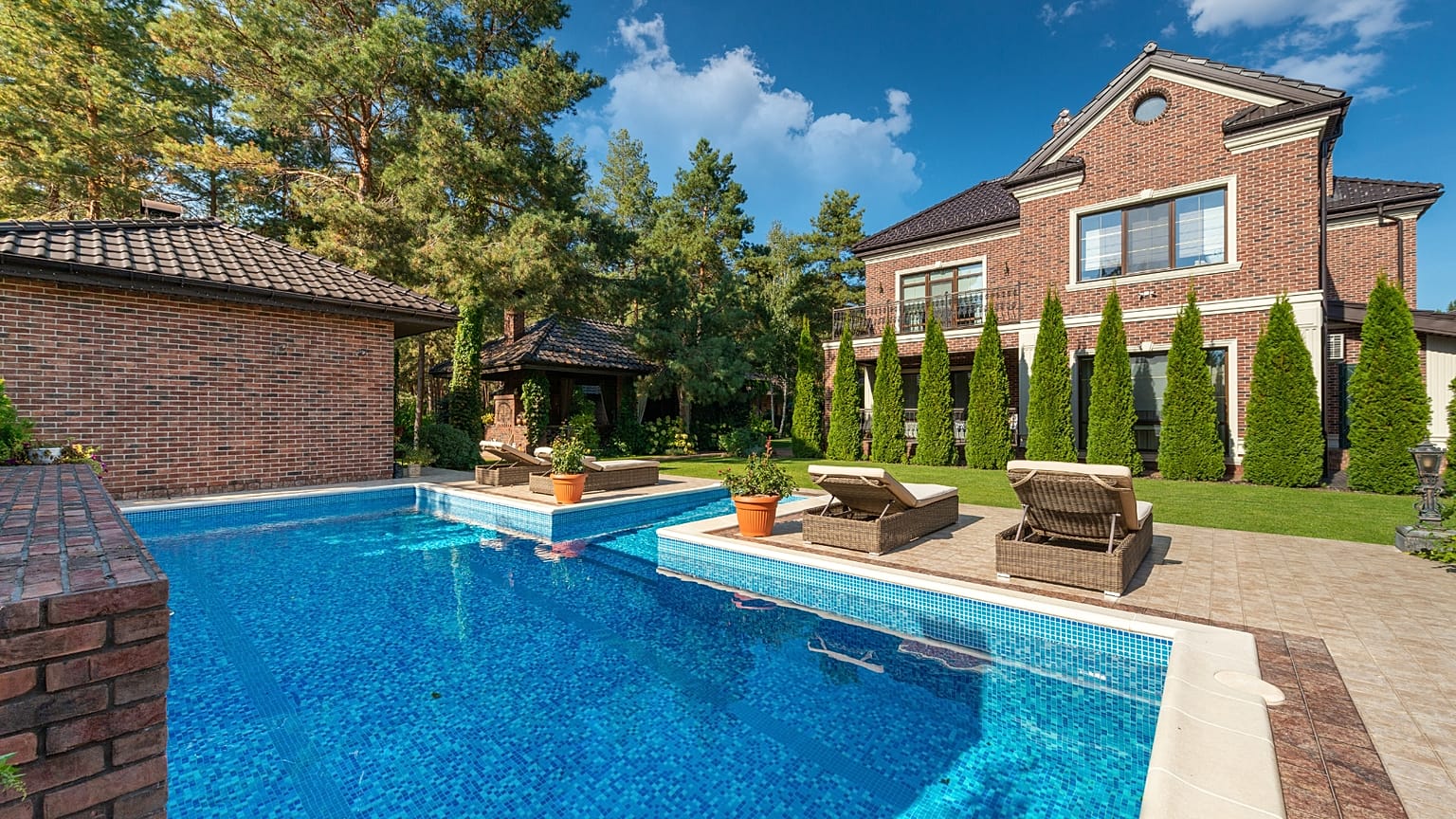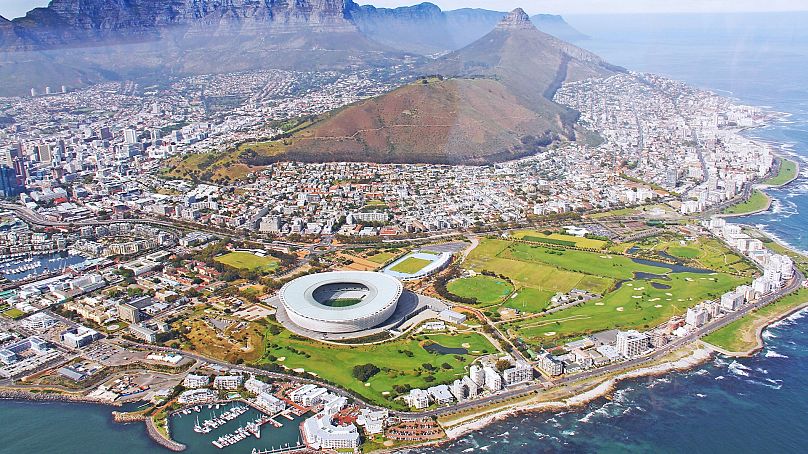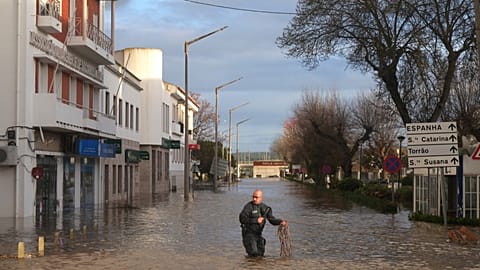Social inequalities are driving urban water shortages at least as much as climate change or population growth.
Rich communities with large swimming pools and well-kept gardens are leaving poorer communities without basic access to water, scientists say.
 ADVERTISEMENT
ADVERTISEMENT
 ADVERTISEMENT
ADVERTISEMENT
New research suggests that social inequalities could be driving urban water crises more than environmental factors like climate change or population growth in cities.
The team of scientists focused on Cape Town in South Africa where many underprivileged people don’t have taps or toilets and use their limited water for hygiene and drinking.
They found that urban elites were consuming far more water for their own personal leisure by filling swimming pools, washing their cars or watering their gardens.
“Climate change and population growth mean that water is becoming a more precious resource in big cities,” says Professor Hannah Cloke, a hydrologist from the University of Reading who co-authored the study.
“But we have shown that social inequality is the biggest problem for poorer people getting access to water for their everyday needs.”
The richest group in Cape Town, 14 per cent of the population, consumed 51 per cent of the water in the city. While the poorest group, around 64 per cent of the population, used just 27 per cent.
And most of the water used by the richest group was for non-basic needs like swimming pools and keeping their lawns green.
This overconsumption had a bigger impact on the overall availability of water than changes in population or climate change related droughts.
Water inequality is a problem around the world
80 cities around the world, including London, Barcelona, Rome, Istanbul, Tokyo and Moscow could also face similar issues according to the researchers.
Professor Cloke says that more than 80 cities have suffered water shortages due to droughts and overconsumption in the last 20 years. Projections show that this crisis could get even worse as the gap between the rich and the poor widens in many parts of the world.
“This shows the close links between social, economic and environmental inequality. Ultimately, everyone will suffer the consequences unless we develop fairer ways to share water in cities.”
But efforts to manage water supplies in cities often focus on technological solutions like more efficient water infrastructure, the study notes.
The researchers say that a more proactive approach aimed at reducing unsustainable water consumption from elite communities would be more effective.


















